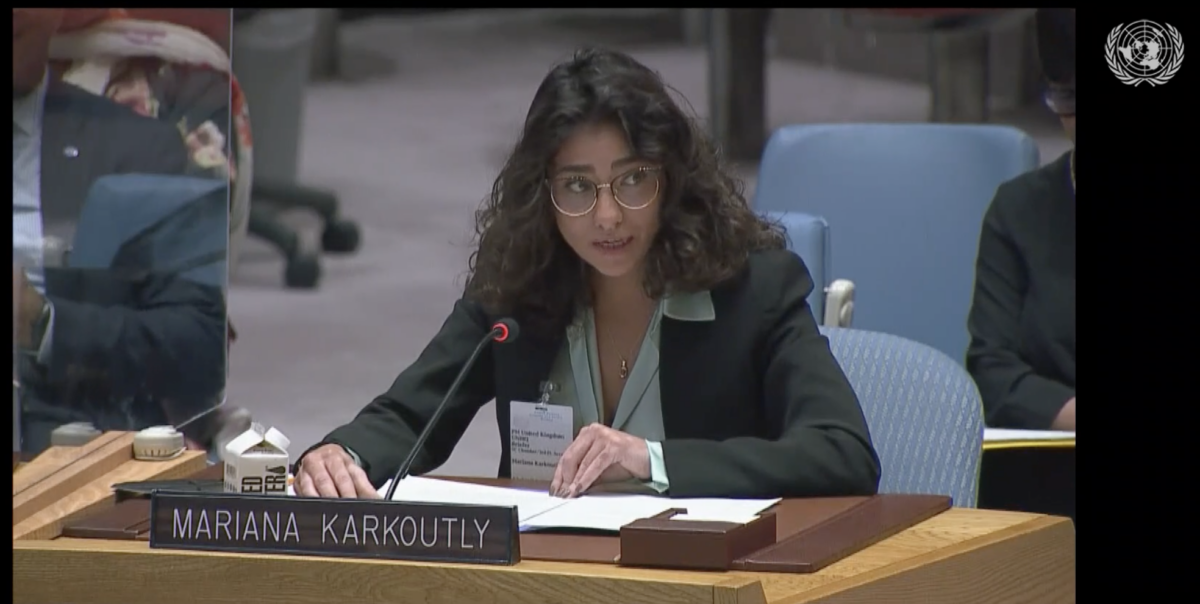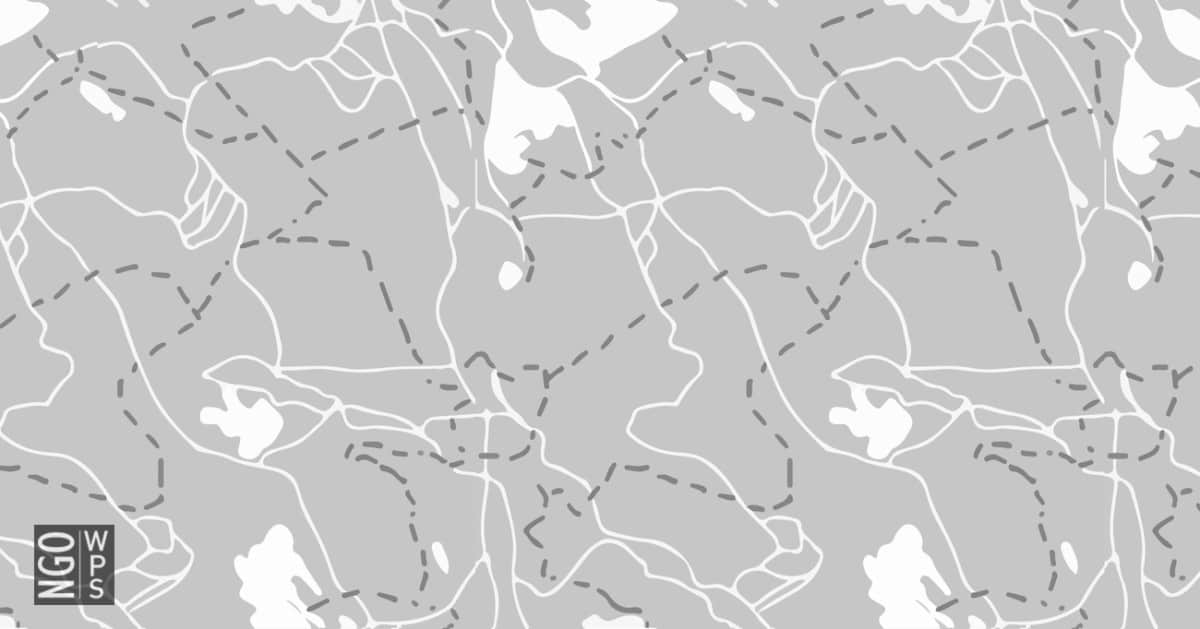Syria & Golan Heights
Syria & Golan Heights
Since 2011, Syria has been on the United Nations Security Council’s agenda, when President Assad’s aggressive actions against pro-democracy protesters during the Arab Spring became more frequent and increasingly violent, leading to civil war and terrorist violence within the country.
Insecurity is the primary concern for women, yet in spite of their limited operating environment, women activists have organized nonviolent protests, distributed and monitored humanitarian aid, documented human rights violations, created safe spaces for women and children, and worked at the local level to set up ceasefires, prisoner releases, and elections.
Based on the work of NGOWG members and their partners, the NGOWG advocates for ensuring women’s needs— such as secure access to sanitation facilities and hygiene, and health assistance— are adequately addressed, and that Syrian women are equally and meaningfully participating in the UN-facilitated political process and in the design and implementation of ceasefire monitoring mechanisms.
Golan Heights
Golan Heights, a disputed plateau in south-western Syria, is home to an equal number of Syrians and Jewish settlers, and since 1973, United Nations Disengagement Observer Force (UNDOF) peacekeepers have observed a contested territorial line between Israel and Golan Heights.
In the current Syrian conflict, Golan Heights has become a key strategic geopolitical position, causing an escalation in violence and increased violations of the ceasefire territorial agreements. Recent advances and attacks by the Islamic State of Iraq and the Levant (ISIL) have concerned residents of Golan Heights— particularly given ISIL’s systematic denial of women’s rights and perpetuation of violations against women.
Based on the work of NGOWG members and their partners, the NGOWG advocates for addressing the increasing gender imbalance in UNDOF by deploying a higher percentage of women, and inclusion of gender-specific language in the UNDOF mandate.
Current and Past Recommendations to the UN Security Council (Monthly Action Points)
In its consideration of a report on the humanitarian and political situation, the Council should call for gender-sensitive conflict, peacebuilding and humanitarian aid strategies; protection of civilians, particularly women and girls; upholding international humanitarian law; and the full and meaningful inclusion of women in all stages of the peace process and governance. These issues should be comprehensively reflected in future action taken by the Council, as it was completely lacking in SCR 2393 (2017), adopted in December 2017. Council members facilitating the Astana peace process must ensure women’s full and meaningful participation in the negotiations and operation of the de-escalation zones. They must also exert pressure to discourage warring parties from adopting a militaristic approach to the issue of detainees and those who were forcibly disappeared, and instead handle this file as an utmost humanitarian emergency. They must adhere to the commitments they have made to implement SCR 1325 (2000) and consecutive WPS resolutions in a transparent, accountable and sustainable way (CEDAW/C/SYR/CO/2). The Council must call on the Office of the Special Envoy for Syria to strengthen and enhance the role of the Syrian Women’s Advisory Board in the peace process, and ensure its framework for operation effectively incorporates Syrian women’s voices in all respects of the process. Given the deadlock on the issue of accountability, Council members should support the International, Impartial and Independent Mechanism (IIIM) on international crimes committed in Syria. Ahead of April’s Brussels aid conference on Supporting Syria and the Region, to be co-chaired by the UN, women from Syrian civil society should be supported to participate meaningfully in preparatory discussions. This is to ensure gender considerations are more effectively reflected in the design and outcomes of the conference, in line with SCR 2242 (2015) (OP 1).
Relevant Resources









